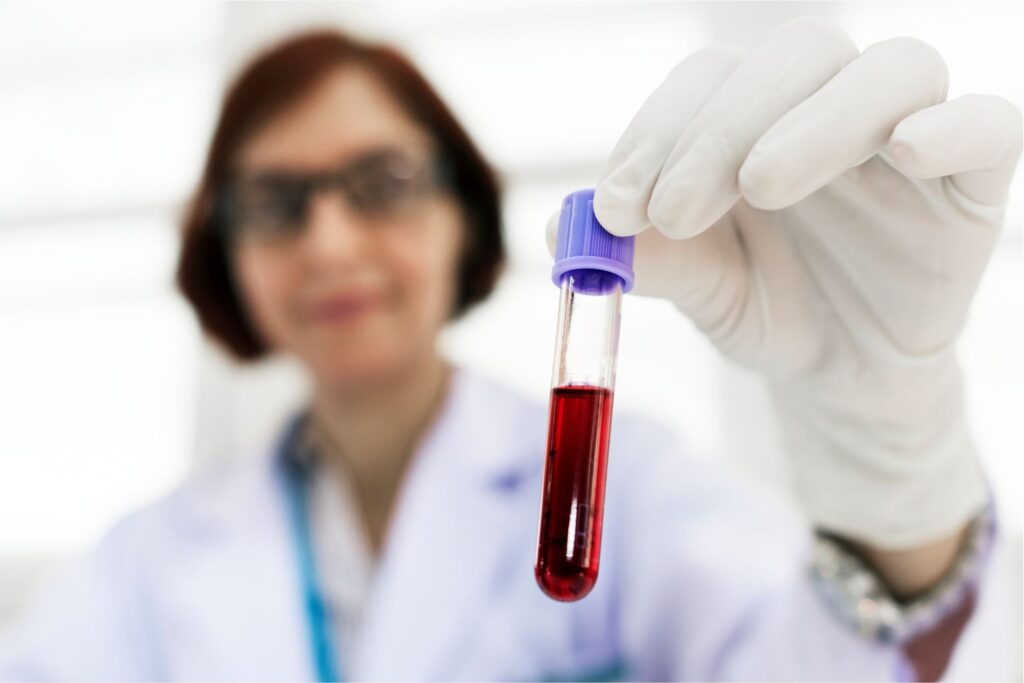
A breakthrough blood test could detect signs of cancer up to three years before symptoms develop, offering the potential for earlier treatment and better outcomes, according to a new study from Johns Hopkins University.
Published in the journal Cancer Discovery, the research shows that tumour-derived genetic mutations, circulating in the blood, can be identified long before a formal diagnosis.
Also Read | Chemo may no longer be the standard: New UK trial signals change in cancer care
“Three years earlier provides time for intervention. The tumours are likely to be much less advanced and more likely to be curable,” said study co-author Yuxuan Wang.
Researchers analysed blood samples from 52 participants using an advanced genome sequencing method. Within six months of the sample collection, researchers diagnosed 26 of these participants with cancer. Researchers compared these samples with blood samples from 26 other individuals who did not develop cancer.
Eight patients tested positive in a multicancer early detection (MCED) lab test conducted during their blood draw. The MCED test works by analysing cancer-associated molecules, like DNA and proteins, in a single blood sample to detect multiple cancers at an early stage. All eight individuals were confirmed to have cancer within four months of the test.
For six of the eight participants, earlier blood samples, taken roughly 3 to 3.5 years before their cancer diagnosis, were available. In four of these cases, researchers detected mutations associated with tumour development in those earlier samples.
If validated in larger trials, the test could help pave the way for routine blood-based cancer screening, potentially on an annual or biennial basis, researchers said.
“These results demonstrate that it is possible to detect circulating tumour DNA more than three years before clinical diagnosis,” the authors wrote. “Detecting cancers years before their clinical diagnosis could help provide management with a more favourable outcome,” added study co-author Nickolas Papadopoulos.








